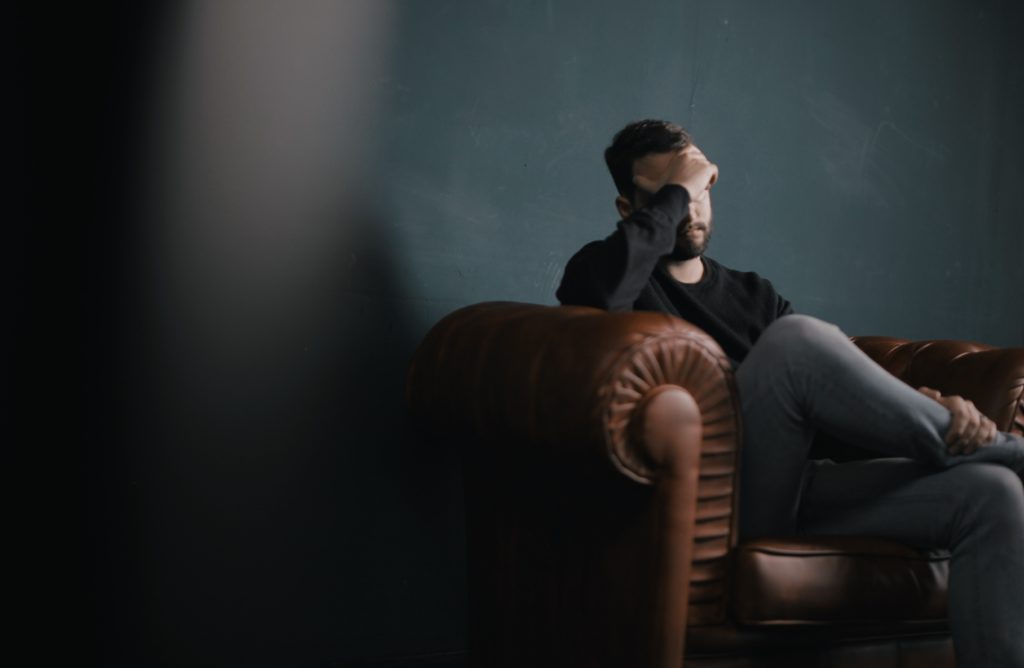By Clare Harris, Content Director
Today we want to discuss the topic of social distancing and its association with isolation. We are 100% in support of the need for us to slow the spread of the virus and protect people and health services around the world. However, we need to consider how best to achieve this without it a detrimental increase to other issues such as loneliness, depression, and anxiety.
We want to challenge the terminology of ‘social distancing’. The language we use has an incredible impact on our state of mind and thinking. Words such as ‘distancing’, ‘isolation’ and even ‘lockdown’ – whilst we still have the freedom to leave our homes to shop, exercise and support the vulnerable, is not helping.
As well as the language, we also need to keep perspective of the situation we are in. Whilst we can all agree that physical distancing is crucial at this time, and many of us are missing our family and friends who we need to stay at a distance from, social distancing and isolation is something that we can overcome.
With a raft of technology such as Zoom, Teams, Skype, House Party and WhatsApp, and with initiatives cropping up such as the GoodSam App, where people can volunteer for the NHS by becoming a ‘Check in and Chat’ volunteer, now more ever we need to use the technology available to us to socially connect.
From a human psychology perspective, we know that humans are a profoundly social species. Our need to connect with others is in our biology and evolutionary history. It begins at birth and the effects of this first relationship remain throughout our lives. We know that when we’re cared for as children, we’re more likely to have healthy, secure attachments as we get older.
Neuroscientist, Matthew Lieberman writes in his book Social: Why Our Brains Are Wired to Connect. “To the extent that we can characterize evolution as designing our modern brains, this is what our brains were wired for: reaching out to and interacting with others,”
Research shows time and again that social connection improves physical health and psychological well-being. In their study ‘Social relationships and health’, JS House, KR Landis and D Umberson, were able to show that lack of social connection is a greater detriment to health than obesity, smoking, and high blood pressure. On the flip side, a strong social connection leads to a 50% increased chance of longevity. Social connection strengthens our immune system. So, whilst in the midst of a pandemic, social connection is not only important for our mental wellbeing, but also our physical health.

Furthermore, low social connection has been shown to result in greater instances of antisocial behaviour. Whilst a majority of the world is on various types of ‘lockdown’, we need to incorporate measures to ensure that individual and community behaviour is positive and supportive rather than antisocial.
Brene Brown, Professor at the University of Houston Graduate College of Social Work, specializes in social connection. She has been quoted as saying:
“A deep sense of love and belonging is an irresistible need of all people. We are biologically, cognitively, physically, and spiritually wired to love, to be loved, and to belong. When those needs are not met, we don’t function as we were meant to. We break. We fall apart. We go numb. We ache. We hurt others. We get sick. We are profoundly social creatures. We may think we want money, power, fame, beauty, eternal youth or a new car, but at the root of most of these desires is a need to belong, to be accepted, to connect with others, to be loved”.
Psychologists from Maslow to Baumeister have repeatedly stressed, that a sense of social connection is one of our fundamental human needs.
So before you assume that lockdown means no more chats with your friends, no more seeing what’s happening in the outside world, no more learning, exercising or sharing, we all can embrace the opportunity to come up with new ways to use the technology already at our fingertips to stay socially connected, whilst remaining physically distanced. Here are some ways we’ve been doing this at In Diverse Company: Make time to talk to those in your team about things other than work and the coronavirus.
i) Have a social meet up with friends virtually. I did this with a group of friends on a school night. There was wine, chat, laughter, it was much cheaper, and we were all in bed for 10pm!
ii) Find an online exercise class – be it some quiet evening yoga, or the lively Joe Wicks PE lesson every weekday morning.
iii) Download some apps that keep you learning and your brain active and distracted from the deluge of coronavirus updates – if you can do this whilst safely interacting with others, even better.
iv) Organise an Instagram ‘dinner parity’ where you all share a recipe, cook at the same time and eat and socialise together
v) Watch musicians and comedians providing free ‘Live’ sessions for viewers, engaging audience participation
vi) You might even choose to join an online choir group this week
What other ideas have you been taking part in to keep socially connected?






